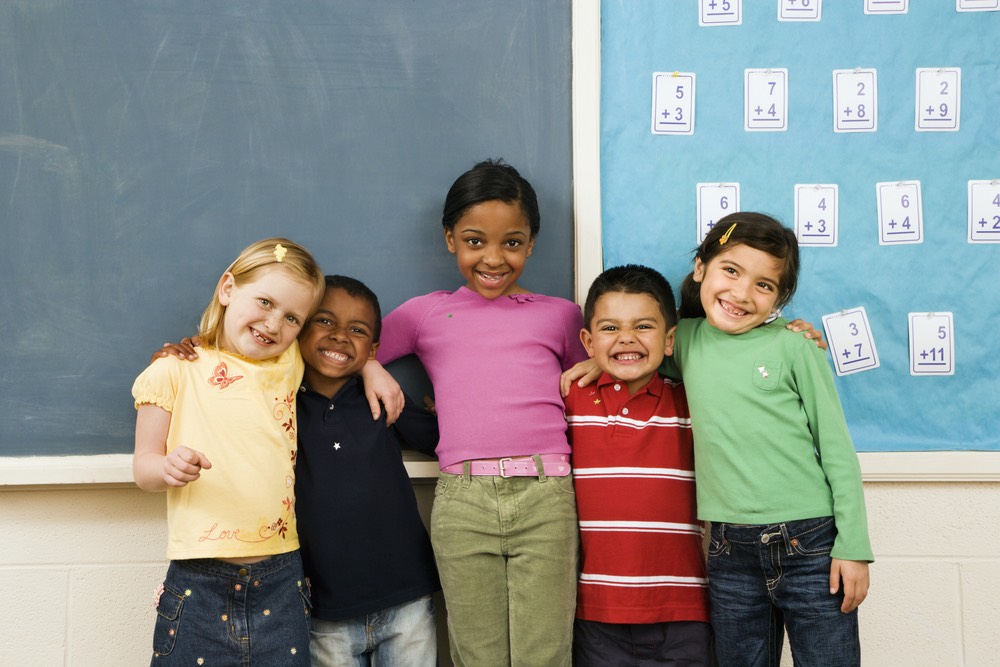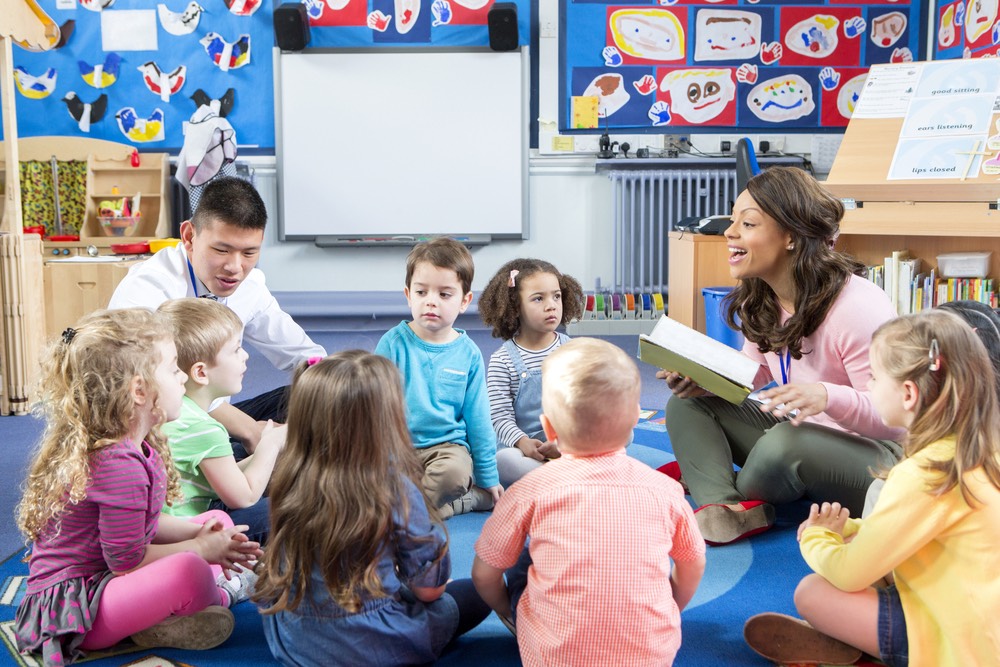Frequently Asked Questions
Frequently Asked Questions for Teachers
-
Has this curriculum been used before?
Yes. And with successful outcomes. See Strong Kids Program Research for more information. -
What do I need to do to get started?
Spend some time reviewing the chapters and material in the front matter. The front matter provides information that gives you a general sense of the intent behind the lessons and provides a good platform for decision-making during your lesson-delivery. Review each lesson before you teach it. Allow time to ensure you have all the handouts, and to determine whether or not you will need to make any modifications to the lesson. -
Do I have to follow the scripts exactly?
No. The scripting is primarily designed to give you a sense of the intended message. You can adjust the language to make sure that your students are able to understand the content described in the scripts. -
Do I have to give the lessons in sequential order?
The lessons are designed with an intentional sequence, however, you can select lessons based on needs your students may have, current, topics, or preference. If you elect to re-order the lessons, simply pay attention to wording that may refer to a lesson that you have not yet given to your students. -
Can I divide a lesson into two parts?
Absolutely. Be sure to take note of the "Running short on time" instructions provided. -
How should I group my students for in-class activities?
Group your students in a way that allows you to focus on any students you are particularly concerned about, while maintaining good classroom behavior management practices. -
How do I work the homework assignments into the class time?
Some teachers have found it helpful for students to complete or at least start the homework assignment in class. Some teachers also use homework in the review section of a new lesson to go over previously learned concepts. -
Can I use situations that are currently happening in my classroom to illustrate concepts in the
lessons?
Yes. Examples are provided in the curriculum, but you can make up your own. If you use situations that are currently happening in your classroom, be sure to remain sensitive to students’ feelings and respect confidentiality by addressing sensitive subjects anonymously or with modifications to the scenario that remove judgment and allow for multiple perspectives. -
What do I do if a student is experiencing emotional difficulties during the course of a lesson?
If you believe a student is having a difficult time with the curriculum content, becomes upset or seems distressed, first attempt to work with the student to determine how to proceed in the moment and then notify your school psychologist or counselor as appropriate. -
Are the strong kids programs pre-requisites for each other?
No. As in the original programs, Strong Kids—Grades 3–5 is not a prerequisite to Strong Kids—Grades 6–8, and Strong Kids—Grades 6–8 is not a prerequisite to Strong Teens. Thus, students can benefit from the programs regardless of the level at which the student first receives instruction. -
Where can I find the supplements and worksheets?
Supplements and worksheets are found at the end of each chapter in each program manual. You can download materials, accessible by keycode, which is found in each program manual.
Frequently Asked Questions for Parents
-
Is this a psychological test?
No. The Strong Kids Curriculum does not provide a psychological evaluation, or diagnosis of your child. Strong kids is a social emotional curriculum that simply explores the emotions and social situations that children typically encounter on a day to day basis. -
Will my child have to share personal stories about themselves or about our family?
In the Strong Kids curriculum, students will be asked to answer hypothetical questions, role play, and explore the emotions of fictional characters. They are encouraged to identify their own emotions and occasionally compare their emotions to the emotions of the characters in the lessons. During discussion students will share any insights they may have or connections they may make during the lesson. Although there may sometimes be personal disclosures, children can opt out of sharing if they do not want to talk about personal situations. -
How much class time will be dedicated to these lessons?
If Strong Kids is being implemented in your student’s school, your student’s teacher and administrators will be responsible for selecting a time that fits into your student’s academic schedule without causing undue disruption to your student’s academic schedule. Schools will vary in terms of how they decide to implement the program. -
Can I use Strong Kids at home with my children?
Yes. Although Strong Kids is written from the perspective of being used at school, the content and activities can be modified to be used in other settings, such as at home. In addition to implementing the curriculum at home, parents can also support what their student learns at school, by using information from each lesson at home. You can also talk to your child’s teacher or a school administrator to get some ideas on ways to do this. -
My child has a specific problem that I am hoping Strong Kids will fix. Can Strong Kids fix it for my
child?
Strong Kids will give most children an additional array of skills from which to choose. With the appropriate reinforcement, sufficient practice, and positive encouragement, children will learn to apply new skills to situations outside of the classroom environment. Strong Kids teaches students about the outcomes of using (or not using) the skills, problem-solving, and empathy. The more exposure a child has to problem-solving, and the contemplation of outcomes (positive or negative), the greater the likelihood that his or her behavior may change as a result. Some students may need a more individualized focus. If you have concerns that your child has a problem that Strong Kids may not be able to address, please talk with your child’s teacher, a school psychologist or counselor, or a school administrator. -
My child learned about Strong Kids in elementary or middle school, is it the same material?
Merrell’s Strong Kids (3 – 5, and 6 – 8) and Strong Teens emphasize the same skills using age-appropriate examples and scenarios. A child who has already participated in Strong Kids in a prior grade or school, will encounter the same concepts, but will be approaching them with an age-appropriate perspective.









